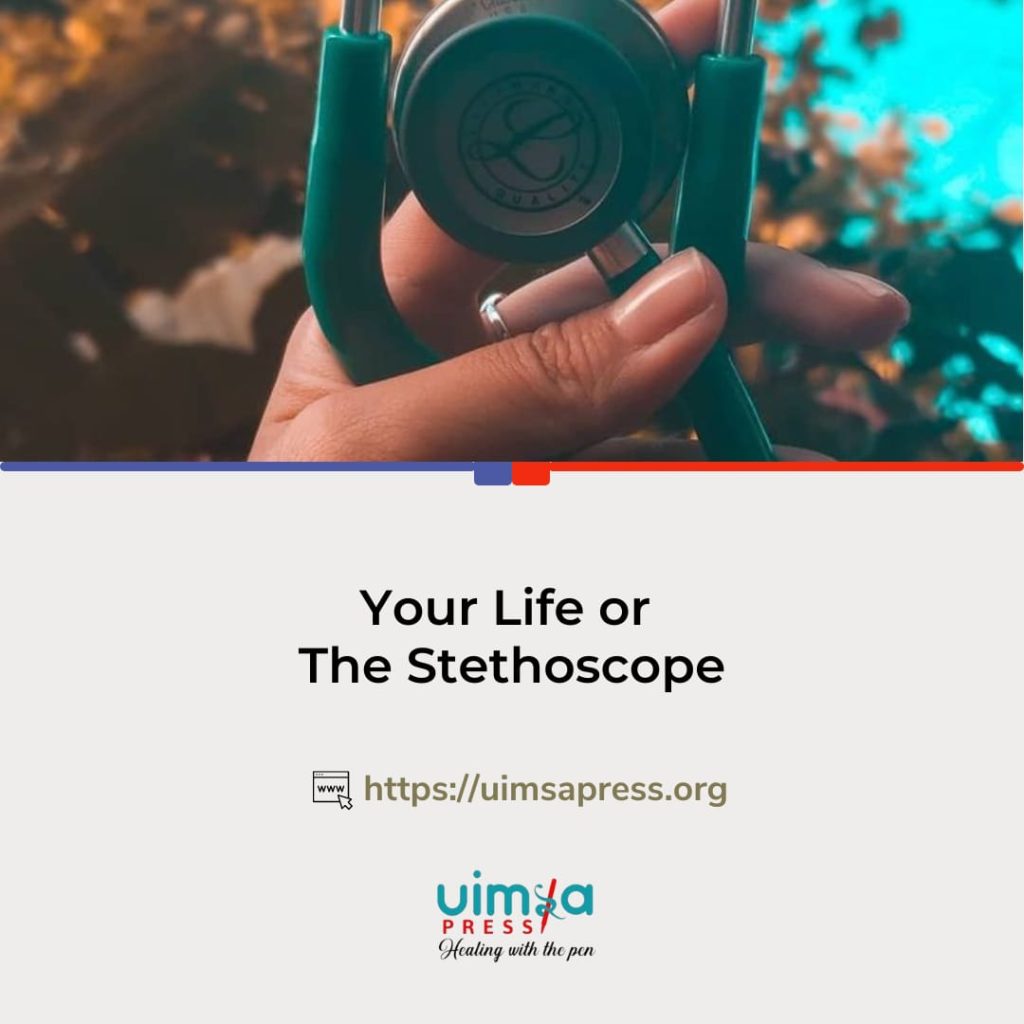
The World Health Organization recommends a 1 to 600 patient-to-doctor ratio, in Nigeria, we are operating on a 1 to 9803 patient-to-doctor ratio. This implies that an average doctor in the Nigerian healthcare system has to do 16 times his recommended workload. During the festive season, hospitals are usually understaffed so imagine the pressure Dr. Uyi Iluobe must have been under attending to a patient on the 31st of December when he should be with his family.
On that fateful evening, he attended to a gunshot patient and this act of service led to his death. Dr. Uyi’s is not the first time a doctor has been accused and assaulted simply because a patient under his care died. How many more have to happen for people to actually put a stop to this? Does practicing in Nigeria mean you are likely to suffer a gruesome death because a patient under your care died? If for every patient that passes, the doctor is killed, what will be left of the Nigerian Healthcare system?
“Dr Uyi Iluobe has been allegedly killed by relatives of his dead patient…” The news shocked Nigerians and probably, everyone around the world when it broke out. Just how much of a grudge would you have toward a man to claim his life? Further down the days, many versions of the story have been spurned and everyone has been thrown into the loop without knowing which is true or false. However, the bottom line remained that the medical doctor was killed after treating a patient. Influencers, parents, medical students, and medical practitioners have since then taken to various channels to voice out their dissatisfaction and put forward possible rudimentary measures towards preventing more of such unfortunate incidents.
The Students’ Association of the University of Ibadan is not left behind as students from all levels have taken the opportunity to voice their opinions.
When asked how his response would be if asked to treat a patient with his life on the line, 600 Level UIMSAite, Ireoluwa Adegoke, claims that every patient notwithstanding whom they were needs medical attention first and foremost and medical attention they will get, regardless of how it turns out to be at the end.
When asked if this incident had affected her zeal towards medicine as a profession that can be practiced in Nigeria, Olajuwon Folashade from the 400 level class says, “Not exactly, but it has shown that one must not put one’s neck in the noose for humans as they would shame one. It is a doctor today, but it could be anyone from another profession tomorrow. So, there’s no job without its hazards.”
Going beyond the boundaries of UIMSAites, we have seen parents express their doubts and fears about allowing their children to practice medicine in Nigeria. Mrs A. who prefers to remain anonymous says, “I can’t labor hard to send my child to medical school only for him to be killed without reason. I would rather my child travel abroad immediately after his undergraduate studies.” This has further brought to question how the Nigerian healthcare system plans to provide adequate insurance and security for its practitioners considering the current brain drain the sector is experiencing.
The response of the Nigerian Medical Association towards this event in threatening to close down hospitals in the affected state has brought about mixed reactions. Some people feel it serves to send a message to the government to pay more attention to workers’ welfare, while others suggest public campaigns just like a second END-SARS protest and a few others feel that more innocent lives will be lost because of the cessation of healthcare in that state.
Notwithstanding, the big question hanging over everyone’s mind, for now, remains, Your life or your stethoscope? Which is worth giving up
Akinbobola Ayinla and Oluwagbemisola AKinjobi